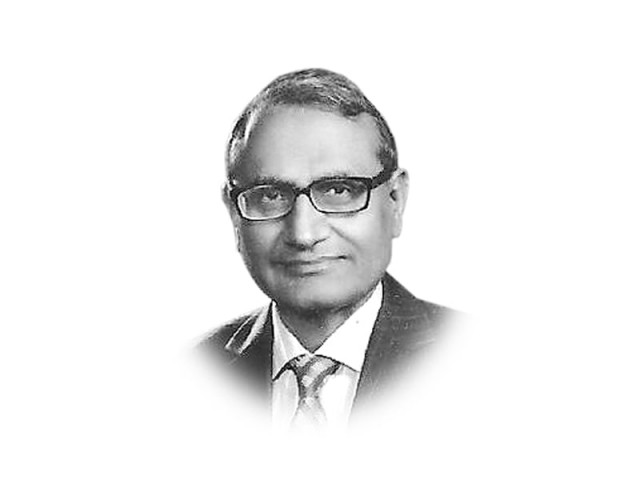Millennium Development Goals 2030
The selection of goals and targets for 2030 needs to be more focused than they were for 2015.

The United Nations (UN) is known for starting never-ending programmes and decades. In the post-war period, the 1960s was declared the decade of development, with a programme of international economic cooperation. The target was to reduce the gap between the developed and the less developed countries by achieving a growth rate of five per cent. The target was achieved, but was accompanied by widespread dissatisfaction with the singular pursuit of growth and the worldwide revolt of the youth.
In the second development decade of the 1970s, a higher growth target of six per cent was set. As development thinking was moving towards basic needs and redistribution with growth, there were targets related to growth per capita and social sectors. Developed countries were given the target of allocating 0.7 per cent of their gross national product to support a new international development strategy. Oil price shocks and mounting debts produced fiscal deficits rather than growth and satisfaction of basic needs.
In the 1980s, Reagonomics and Thatcherism led to the one-size-fit-all programmes of structural adjustment. Development leadership shifted from the UN to the IMF and the World Bank. The UN declaration of the third development decade in the 1980s to establish a new international economic order and the fourth development decade pronouncement for development responsive to social needs in the 1990s were largely ignored. These were termed lost decades, inviting comments like the “emperor has no growth”. In between, 1996 was observed as the year for the eradication of poverty, followed by the first (1997-2006) and the second (2008-2017) decades of poverty eradication. Human Development Reports pioneered by Mahbubul Haq in 1990 furnished the intellectuals basis for the shift towards reducing absolute poverty.
It was, however, the formulation of the MDGs in 2000 that brought the UN back in the driver’s seat. The eight MDGs represented a consensus that summed up the development experience so far, but picked up targets to do a few things effectively rather than doing everything poorly, as was the case with grand development strategies in the past. The result is that about half of the world’s poor have moved out of poverty, together with reasonable progress in indicators of health and education. Discussions are taking place to define Sustainable Development Goals (SDGs) to be set for 2030. Several committees and forums are at work. The so-called Open Working Group has now deliberated on the choice of goals and targets for about two years. These deliberations, however, seem to be losing focus. It is understood that even after a process of elimination, the number of targets is around 170. The MDGs for 2015 had 21 targets and 60 indicators, together with urban-rural and gender-disaggregated break-ups. In practice, policymakers around the world, as well as development experts, found this number to be unwieldy. The selection of goals and targets for 2030 needs to be more focused than they were for 2015, with prioritisation of key areas of weaknesses. An example of this has been provided by the Copenhagen Consensus Centre by prioritising the possible goals on the basis of cost-benefit analysis. It recommends only five goals — nutritional supplements, expanded immunisation, anti-malaria programmes, control of intestinal worms and prevention of tuberculosis.
Published in The Express Tribune, August 8th, 2014.
Like Opinion & Editorial on Facebook, follow @ETOpEd on Twitter to receive all updates on all our daily pieces.

















COMMENTS
Comments are moderated and generally will be posted if they are on-topic and not abusive.
For more information, please see our Comments FAQ